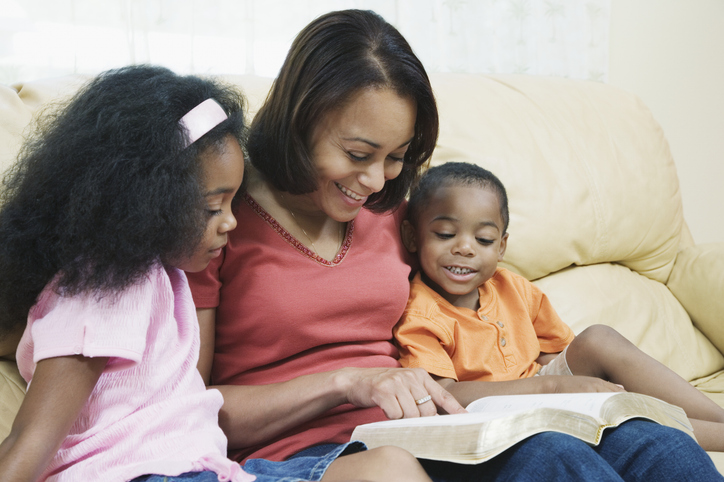What Does The Bible Say About Mothers?

As Mother’s Day approaches—or any time we pause to reflect on the role of mothers—it’s clear that the Bible holds a deep reverence for motherhood. From Eve, the first mother, to Mary, the mother of Jesus, the age-old scripture consistently honors women who nurture, lead, and sacrifice with unwavering strength. Far from being sidelined, mothers in the Bible are often central to God’s plans, their stories rich with courage, wisdom, and grace, just like our moms in real life.
1. Mothers as Life-Givers and Vessels of Purpose.
The Bible opens with Eve, whose name means “life” or “living,” marking her as the mother of all humanity (Genesis 3:20). Though her journey includes trials, Eve’s identity as a mother is a foundational part of God’s creation story. Her legacy reminds us that motherhood is not just a biological role, it’s a divine calling.
Later, we see Sarah, who became a mother at an old age after years of waiting. Her son, Isaac, was born as a fulfillment of God’s promise. Through Sarah, we learn that the journey to motherhood may not be easy or predictable, but it is often filled with purpose and divine timing (Genesis 21:1-7).
2. Mothers as Protectors and Teachers.
Consider Jochebed, the mother of Moses, who risked everything to protect her son from Pharaoh’s decree (Exodus 2:1-10). Her boldness in placing baby Moses in a basket on the Nile didn’t just save his life, it positioned him to become one of the greatest leaders. Her story reminds us that mothers often make unseen, sacrificial decisions that shape the future in profound ways.
It also points back to one of the most famous lines within The Bible: “Honor your father and your mother, as the Lord your God has commanded you, so that you may live long and that it may go well with you in the land the Lord your God is giving you” (Deuteronomy 5:16). By honoring our mothers with love, respect, and admiration, we give thanks and appreciation to the sacrifices that they have made to help us grow and thrive.
3. Mothers as Pillars of Strength and Wisdom.
Proverbs 31 paints a vivid portrait of a godly woman—many interpret this as both a wife and mother—who is clothed in strength and dignity, and who “laughs without fear of the future” (Proverbs 31:25). She is described as a provider, entrepreneur, caretaker, and spiritual guide. This passage isn’t just a checklist, it’s an honor song, lifting the multi-faceted strength of women and mothers who pour into their families, work, and communities, even in times of doubt, fear, or worry.
As writer Benedict L.K. notes in their article for Prayer Base, “At its core, this passage celebrates a life rooted in faith and action. The Proverbs 31 woman isn’t defined by flawless achievements but by her unwavering trust in God’s plan. Her strength comes from knowing her identity, and her dignity flows from living it out whether managing her home, serving others, or facing uncertainty.” It’s a reminder that our mothers are strong, rooted in faith, and will do anything and everything in their power to protect us.
However, no biblical discussion of motherhood is complete without Mary, the mother of Jesus. Her story is one of divine trust. A young, humble woman chosen for the most sacred assignment in history: to carry and care for the Savior of the world. From the angel’s announcement to the foot of the cross, Mary’s journey as a mother was filled with both immense joy and deep sorrow.
Mary shows us that motherhood often involves saying “yes” to things we don’t fully understand and trusting God with the outcome. From Genesis to Revelation, the Bible elevates the role of mothers, not just as caregivers, but as leaders, warriors, prophets, and faithful stewards of God’s promise. Whether through their wisdom, sacrifice, or deep faith, mothers in Scripture embody divine strength.
As we celebrate mothers today—biological, adoptive, spiritual, or chosen—may we recognize their worth and echo the words of Proverbs 31:28:
“Her children rise up and call her blessed.”
SEE ALSO:
What Does The Bible Say About Putting Up Christmas Trees?

